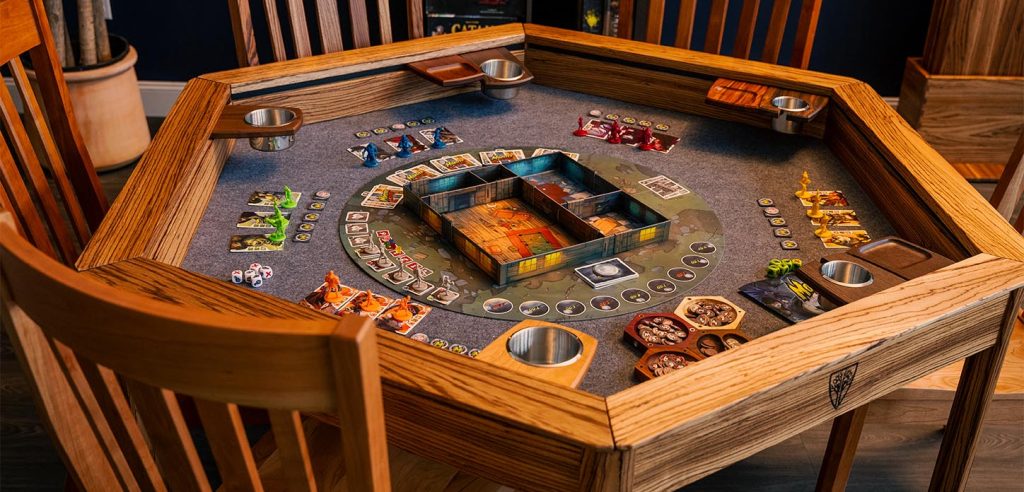Casual to Competitive – Tabletop Games Offer Something for Everyone to Enjoy
Story assumes a vital part in pretending games RPGs, filling in as the spine that upholds gameplay, character improvement, and player commitment. In contrast to customary games, where the spotlight might lie exclusively on mechanics or methodology, RPGs flourish with narrating, bringing players into vivid universes that flash their creative mind and evoke close to home speculation. The quintessence of a convincing story in RPGs lies in its capacity to make a rich, finished climate where players feel their decisions have critical weight. A very much-created story gives a background to activity as well as shapes the players’ encounters, affecting their choices, character circular segments, and connections with the game world. At the core of a viable RPG story is character advancement. Players frequently put innumerable hours into molding their characters, and a clear-cut story gives them the setting expected to grasp their inspirations and objectives. This is especially obvious when accounts highlight dynamic characters that advance in view of the players’ decisions. By permitting players to affect character connections and development, RPGs make a feeling of organization that makes the gaming experience more private and significant.

Moreover, a convincing story offers players the chance to take part in significant struggles, both interior and outside. These contentions drive the plot forward as well as challenge players to stand up to moral problems and settle on difficult decisions that mirror their qualities. At the point when players are confronted with results coming from their choices, they become genuinely put resources into the results, improving their general gaming experience. Games, for example, Mass Impact grandstand this delightfully; the decisions can prompt boundlessly various storylines, cultivating a feeling of pride over the account and its bearing. World building is one more basic part of story in RPGs. An advanced game world, complete with history, legend, and unpredictable societies, attracts players and supports investigation. The setting frequently fills in as a person in itself, affecting the tone and climate of the game. For example, in Dim Spirits, the climatic world building makes a feeling of secret and premonition, welcoming players to sort out its legend through investigation and communication with the climate.
This profound association among account and world building improves the gameplay experience, provoking players to draw in with the characters as well as with the actual climate. Besides, the cooperative idea of RPGs takes into account player-driven stories that can change and develop progressively. Game experts and players co-make stories that mirror the gathering’s common encounters and decisions, encouraging a special and paramount excursion. This cooperative narrating underscores the significance of correspondence and collaboration, as players cooperate to explore difficulties and foster their characters’ accounts. Eventually, the job of story in RPGs is not simply to give setting yet to make a no nonsense existence where players can investigate, make, and visit board game store san antonio. This profound interweaving of story and gameplay makes RPGs a strong vehicle for narrating; offering players an encounter that resounds on numerous levels and has an enduring effect long after the game is finished.

